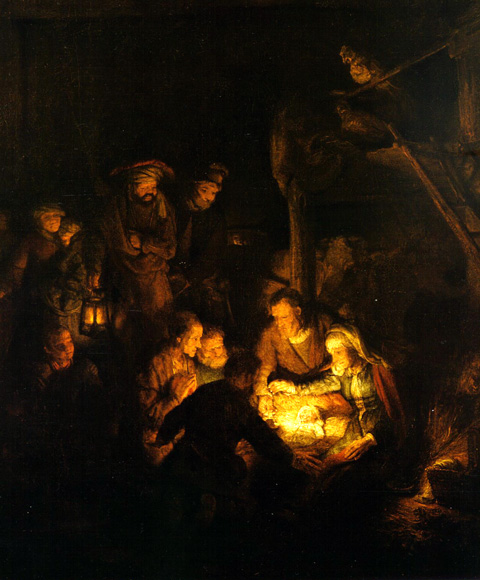Lessons Repository
God and man and perichoresis – You should know the first; you think you know the second; what about the third?
These are the slide packs for SysTheo test next week. We spent the entire first semester studying God because Tozer says that all problems and subjects and doctrines rely fully on the Doctrine of Who God Is. To quote,
“What comes into our minds when we think about God is the most important thing about us. … Worship is pure or base as the worshiper entertains high or low thoughts of God. For this reason the gravest question before the Church is always God Himself, and the most portentous fact about any man is not what he at a given time may say or do, but what he in his deep heart conceives God to be like. We tend by a secret law of the soul to move toward our mental image of God. This is true not only of the individual Christian, but of the company of Christians that composes the Church. Always the most revealing thing about the Church is her idea of God, just as her most significant message is what she says about Him or leaves unsaid, for her silence is often more eloquent than her speech. …”
and again,
“The history of mankind will probably show that no people has ever risen above its religion, and man’s spiritual history will positively demonstrate that no religion has ever been greater than its idea of God.”
and finally,
“All the problems of heaven and earth, though they were to confront us together and at once, would be nothing compared with the overwhelming problem of God: That He is; what He is like; and what we as moral beings must do about Him…”
. . . Based on that truth, He must be studied before considering all of the other doctrines. We did that and now we look at the rest of Theology. The seam though is a concept called Perichoresis. This is the idea that is much analogous to the Analogy of Being and General Revelation. In relation to the nature of the Incarnation, Church father, Gregory of Nyssa says that we ought not to be too surprised by the Incarnation (I will explain why this is in another post soon and will put a link here) because, quote
“Deity is in everything, penetrating it, embracing it, and seated in it” (Great Catechism 25)
This is not to be confused with pantheism, rather that God, expressing all creation out of Himself (He spoke and there was – not made from things which were visible [Heb. 11:3]) made a universe that look sand works like Him – the Triune Godhead, 3-in-1. In God there is Unity and Diversity. In Creation there is Unity and Diversity. As He is, so are we.
PRACTICE STUDY GUIDE: SYSTHEO MID-Q3EXAMguide2
So, some slides: Check it!
Anthropology
Also, for those of you that need “crazzzzzy” rap-music to help you learn a catechism on the atonement . . . here you go!
Hermeneutics Docs for Bible Interpretation
See attached for all of the docs needed for class. Use at will . . .hey, if you’re not in the class – don’t you wish you were? 🙂
CCS Biblical Interpretation Glossary
JohnThematicAnalysisInstructions_1REVISED
Thematic Analysis Template-John
ThematicAnalysisSample-1 Thessalonians
John Research paper Instructions_1REVISED
Enjoy!
See Slidepacks for Epistemology here:
What was really accomplished in the Incarnation?
It is the hinge of Human History
The climax of Salvation History
All History
My History
Your History
Slidepack for the Study of the Incarnation:
Also, some perspective on the Holy Spirit:
Did Jesus know He was the Messiah? What did Jesus empty Himself of in Phil. 2? What does Luke 2:52 mean?
See the slidepacks attached to get you started.
SysTheo Sonship Presentations2
To take a practice test, check this:
Practice Study guide for SysTheo
Take a practice. Friday is coming!

